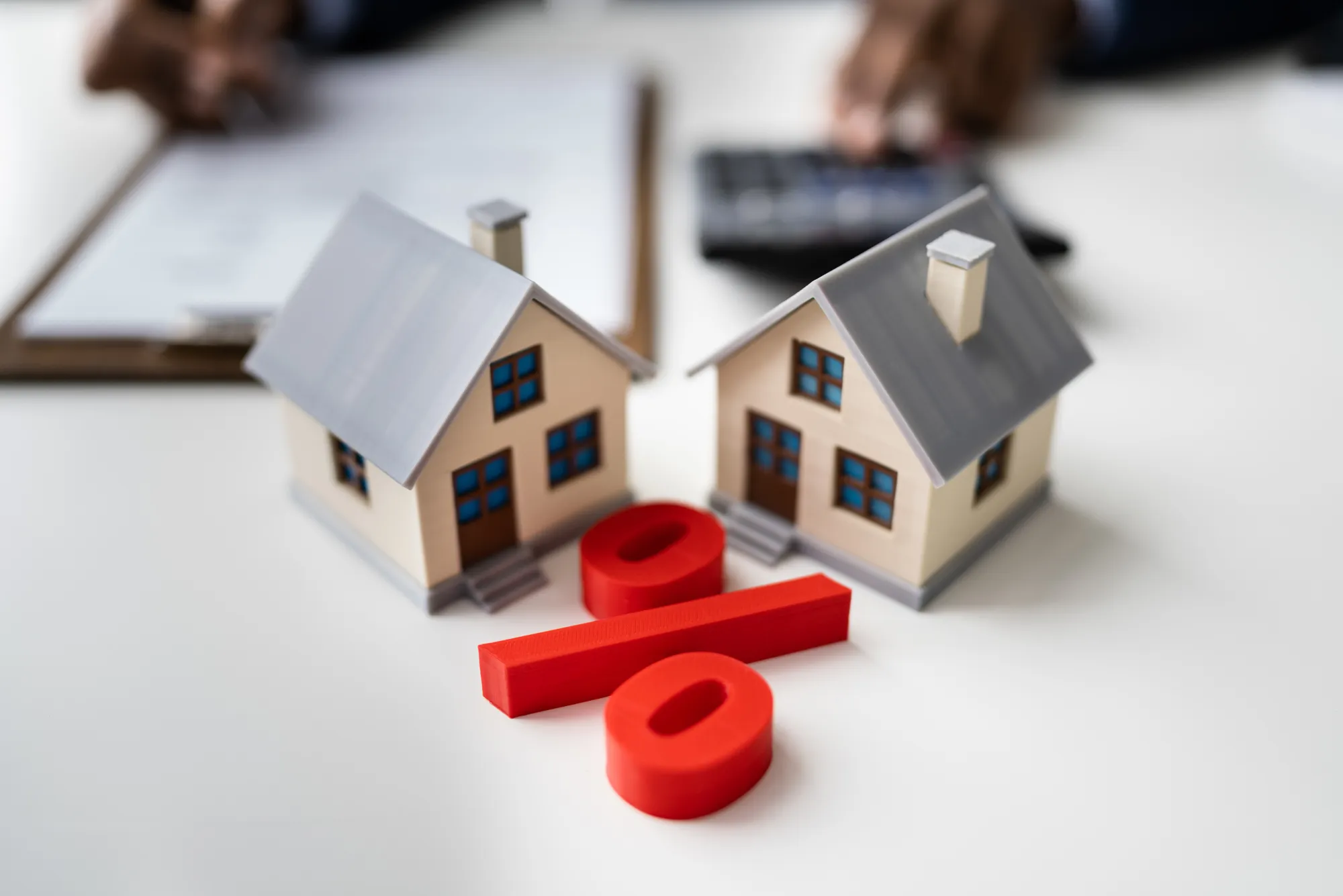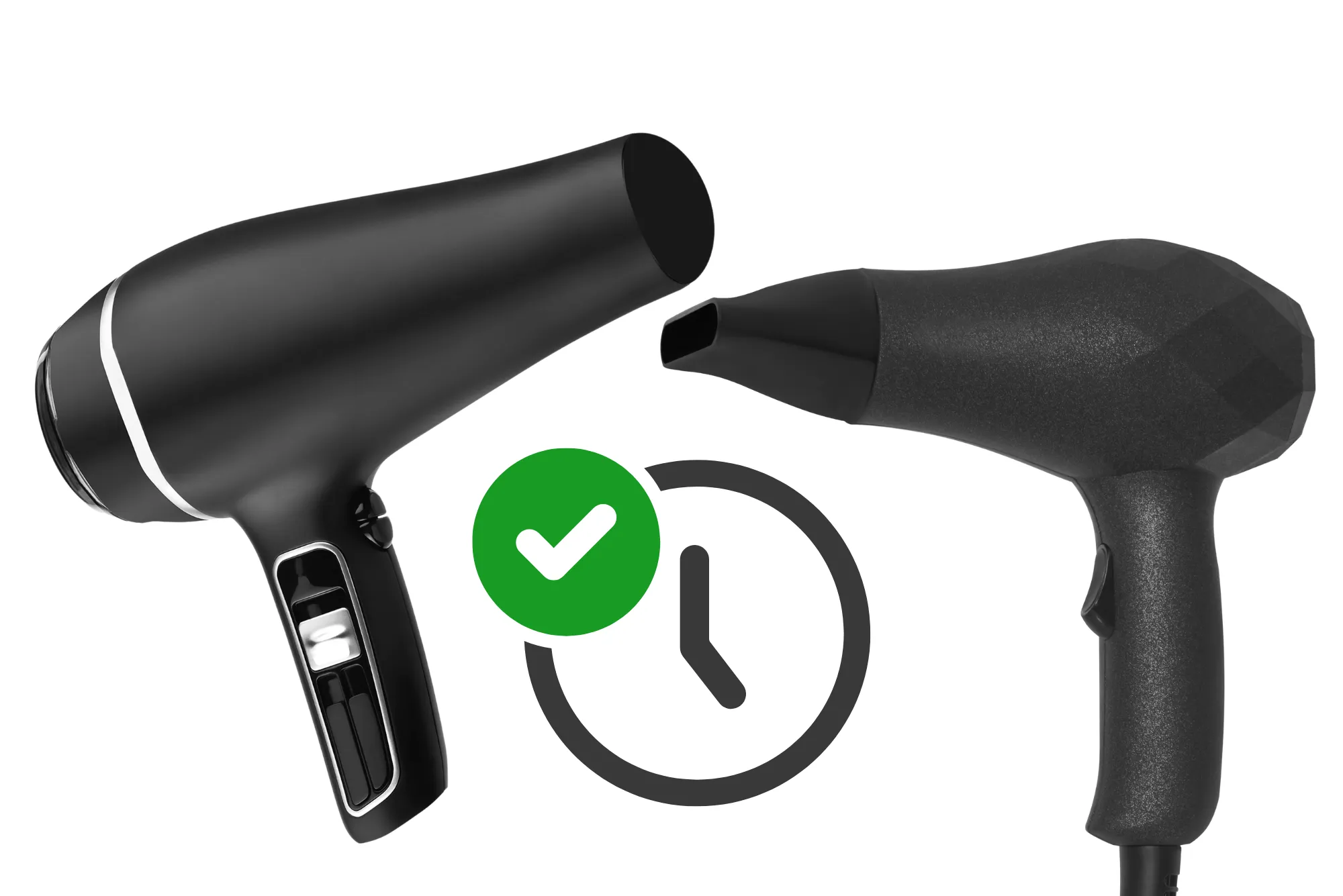Buying a home is one of the biggest financial commitments most people will ever make. While homeownership comes with many benefits, it also brings significant responsibilities—especially when it comes to paying your mortgage. If you default on a mortgage, the consequences can be severe and long-lasting. This article dives deep into what happens when you default, the stages of the process, and how you can protect yourself.
Understanding Mortgage Default
A mortgage default occurs when a borrower fails to meet the terms of the mortgage agreement. This typically means missing one or more monthly payments. While lenders may allow a grace period, consistently missing payments can set off a chain of events that may ultimately result in foreclosure.
Defaulting isn’t just about missing payments. It can also occur if you fail to pay property taxes, maintain homeowners insurance, or breach other clauses of your mortgage contract.
Stages of Mortgage Default
1. Missed Payments
It all starts with missed payments. Lenders usually allow a grace period of 10 to 15 days, after which late fees are applied. After 30 days, the missed payment is reported to credit bureaus.
2. Notice of Default
If your loan is more than 90 days delinquent, the lender may issue a Notice of Default (NOD). This is a public notice that officially begins the pre-foreclosure process.
3. Pre-Foreclosure
Once the NOD is issued, you may still have time to make the payments or negotiate with the lender. Some lenders are willing to restructure the loan or offer forbearance plans.
4. Foreclosure Proceedings
If no resolution is reached, the lender will begin foreclosure proceedings. This means they will legally repossess your property and may auction it off to recover the remaining balance.
5. Eviction
If the property is sold at auction, the new owner (often the bank) can legally evict the occupants. You will be given a notice to vacate the premises within a certain time frame.
Credit Score Impact
A mortgage default severely affects your credit score. A single missed payment can drop your score by 50–100 points. A full-blown foreclosure can cause an even bigger hit and stays on your credit report for up to seven years.
This can make it extremely difficult to secure new lines of credit, rent a home, or even get a job in some industries.
Financial Alternatives to Avoid Default
1. Loan Modification
If you’re struggling to keep up with payments, speak with your lender about modifying the loan terms. Lowering the interest rate or extending the loan term can make payments more manageable.
2. Forbearance
This temporary relief plan allows you to pause or reduce payments for a set period, usually during financial hardship such as job loss or illness.
3. Refinancing
If your credit is still relatively good, you might be able to refinance your mortgage to get better terms. This can lower your monthly payments and ease financial strain.
4. Using Financial Products Wisely
Managing your overall debt profile is crucial. A tool like a fab bank credit card can help with flexible repayment options and reward points, but it’s vital not to use it as a band-aid for deeper financial issues.
If you’re looking for a short-term financial solution to cover mortgage payments or related expenses, an emirates nbd personal loan can provide a more structured and secure alternative than maxing out credit cards. These loans typically offer lower interest rates and longer repayment periods than revolving credit.
Legal Consequences
Defaulting on a mortgage doesn’t just affect your credit score; it can also have legal consequences. Lenders can pursue a deficiency judgment if the sale of your foreclosed home doesn’t cover the full amount of the loan.
You may also be responsible for legal fees, late payment penalties, and other charges, compounding the financial burden even further.
Emotional and Lifestyle Impact
The stress of financial instability can take a toll on your mental health and relationships. Losing a home can also disrupt your children’s education, your job commute, and your overall quality of life. It’s essential to address issues proactively rather than wait until the situation spirals out of control.
The Role of Government Assistance
Many governments offer relief programs for homeowners in distress. These may include subsidies, grants, or temporary moratoriums on foreclosure. Inquire with your local housing authority or a qualified financial advisor about what’s available to you.
The Road to Recovery
1. Rebuilding Credit
After a default or foreclosure, rebuilding your credit is essential. Start by paying all other bills on time, maintaining low credit card balances, and gradually applying for new credit only when necessary.
2. Consider Secured Credit Options
A secured fab bank credit card or credit-builder loan can be a good starting point. These tools help demonstrate your creditworthiness to lenders over time.
3. Emergency Savings
Avoid falling into the same trap by building an emergency fund. Financial advisors recommend saving at least three to six months of living expenses.
4. Smart Borrowing Choices
When you need financial support, look for reputable lenders with transparent terms. For example, an emirates nbd personal loan offers clear repayment structures and competitive rates—an essential consideration when you’re trying to regain financial stability.
When to Seek Professional Help
If you’re overwhelmed, consider consulting a credit counselor or a financial advisor. These professionals can help you assess your situation, create a budget, and communicate with your lender.
Some non-profit agencies also offer free foreclosure prevention counseling, which can be a lifesaver if you’re unsure of your options.
Prevention Is Better Than Cure
Proactively managing your finances is the best way to avoid mortgage default. Regularly review your budget, understand your loan terms, and don’t hesitate to contact your lender at the first sign of trouble.
Avoid using high-interest debt to cover mortgage payments unless absolutely necessary. Instead, turn to more sustainable options like a fab bank credit card with a low interest rate or a reliable emirates nbd personal loan that suits your long-term needs.










